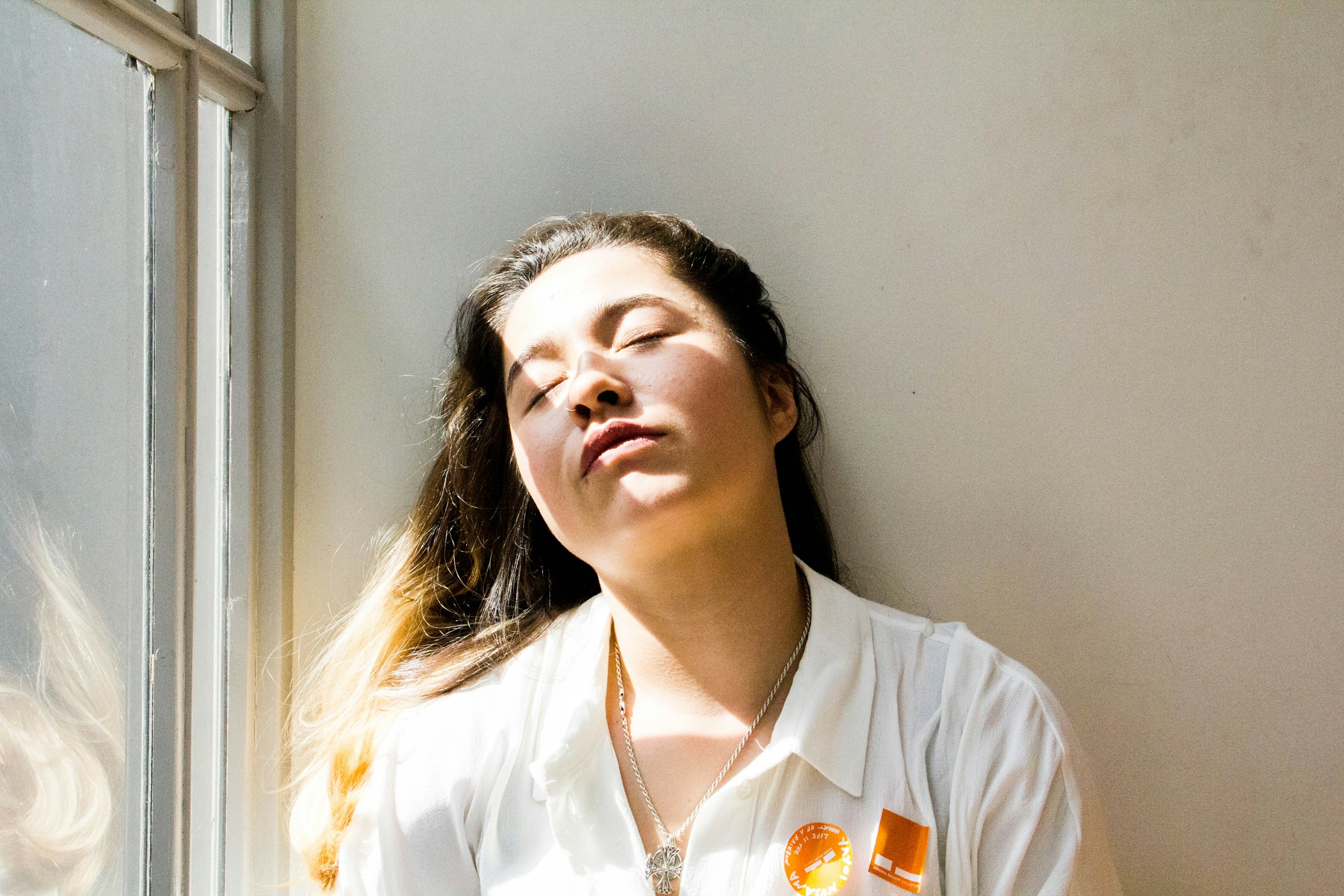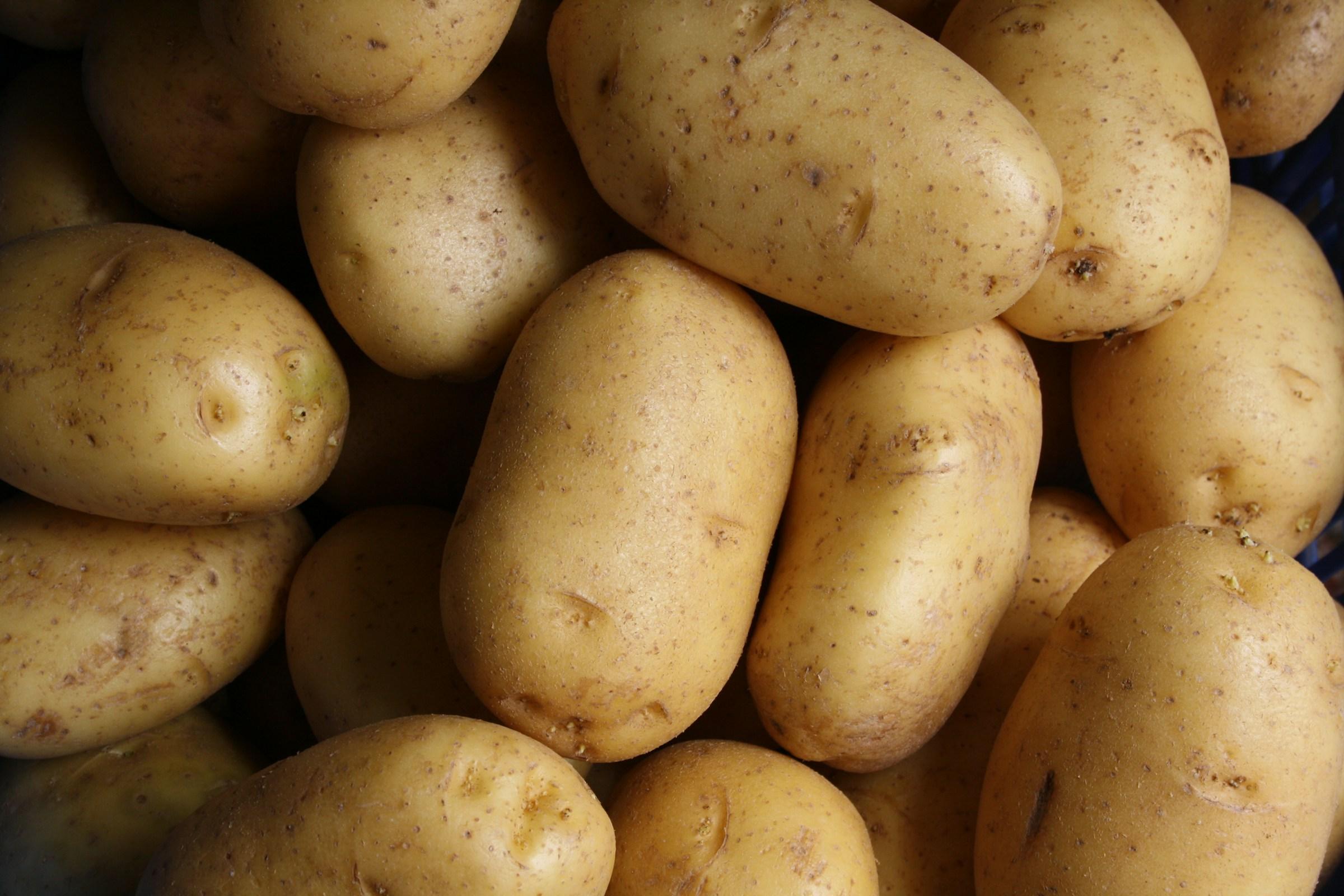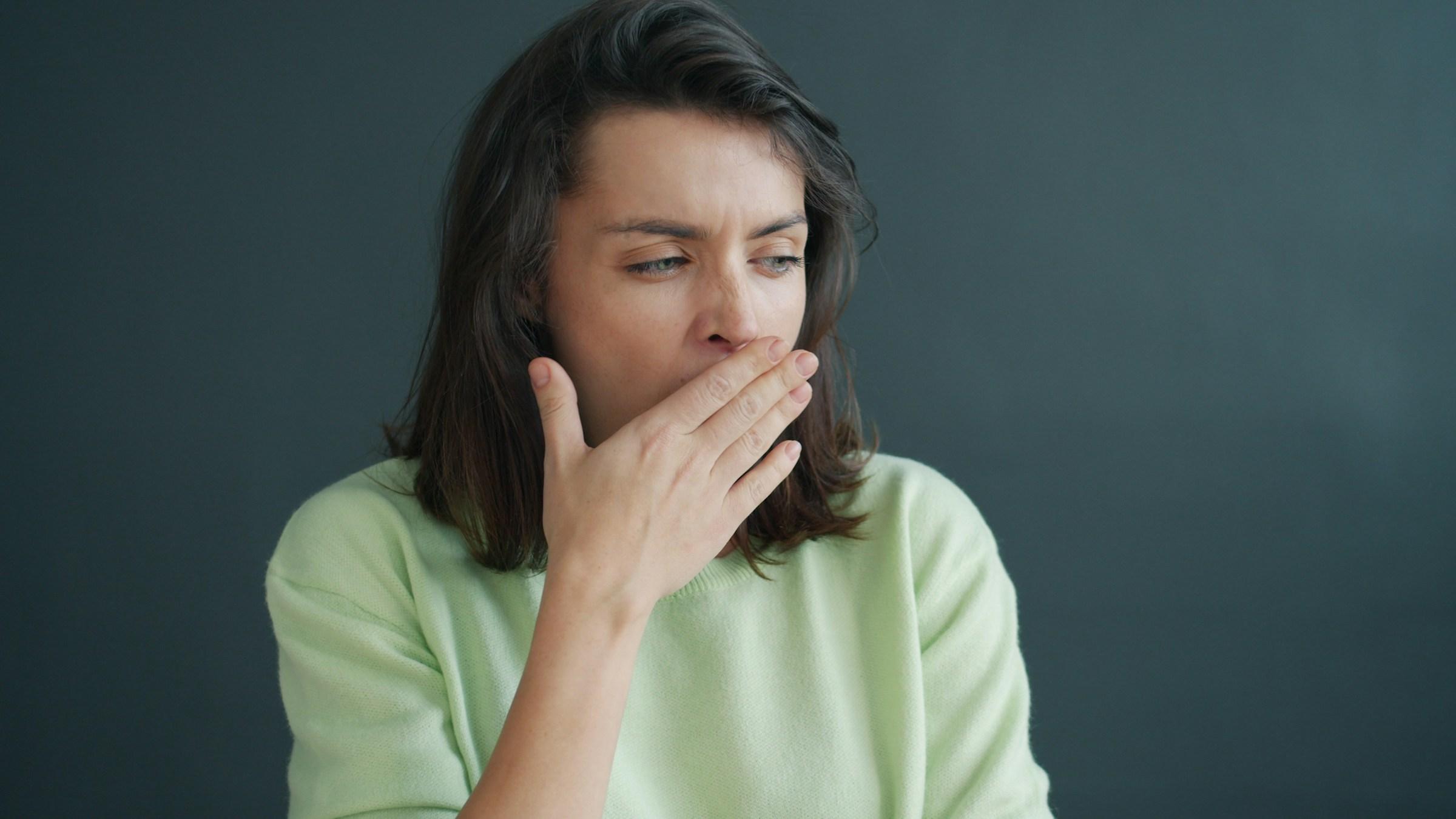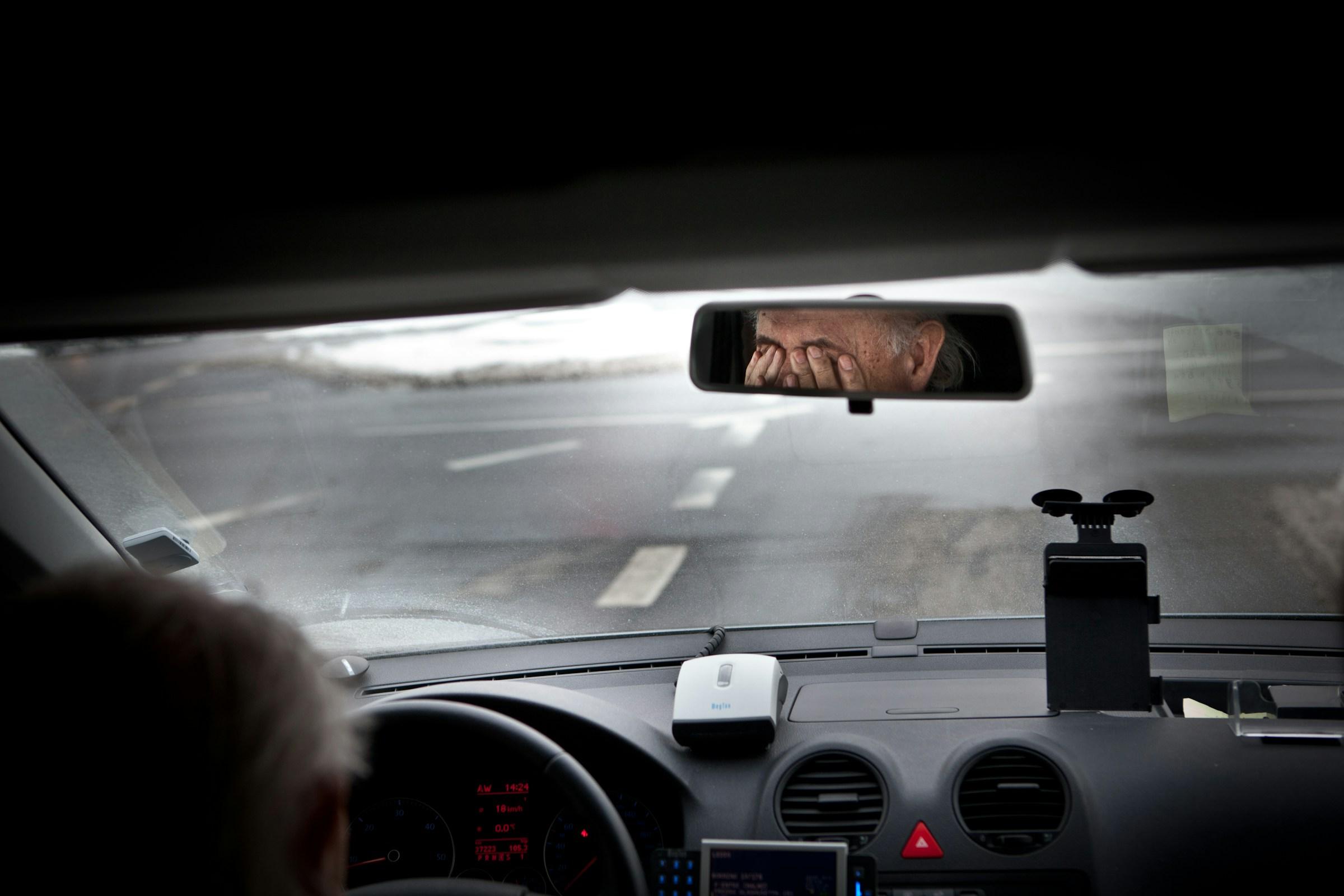The question of what boosts energy quickly sounds simple, yet the answer sits at the intersection of physiology, habit, and culture. Most of us do not collapse into a dramatic faint at midday. We slide into a slow fog that blurs the edges of thought and makes every task feel slightly heavier than it should. The fix we reach for says as much about who we are as it does about our biology. That is why a quick energy lift is both a matter of chemistry and a matter of ritual. The body asks for certain inputs. The mind responds to small moments of permission, novelty, and control. When both needs meet, even for ten minutes, the afternoon tilts in our favour.
Caffeine is the familiar star of this story. A cup of coffee, an iced Americano, a matcha latte, each sits on a spectrum of effect and identity. From a biological point of view the mechanism is plain. Caffeine blocks adenosine receptors, which reduces the feeling of sleep pressure, and it can sharpen alertness for a short window. Yet the cup does more than act on receptors. The walk to the café, the clink of ice, the warmth of a mug between your hands, these details create a ceremonial pause that lets the brain reset its expectations for the next hour. The drink is a performance of agency. You left your seat, you made a choice, you returned with something that signals a fresh start. That signal contributes to the lift, which is why the same dose can feel different depending on the ritual around it.
Matcha carries its own meaning. To some people it represents steady focus rather than spikes and crashes. The act of whisking, the bright green colour, the slower sip, these qualities suggest calm competence. Whether the experience is truly smoother depends on dose and tolerance, yet the narrative matters. When people believe they have chosen gentle fuel, they often approach the next task with a steadier hand. Energy is not only a number on a scale. It is a felt sense of readiness, and belief can align the body with that feeling.
Cold exposure occupies a different corner of the quick boost map. A splash of cold water on the face, a brisk shower, or a short plunge in a cold pool, can jolt the nervous system into alertness. The sensation is unmistakable. Skin senses a sharp change, breath quickens, and attention tightens around the present moment. For many people the appeal sits in the afterglow. You did something mildly uncomfortable and you survived. That small victory becomes a story you can carry back to your work. The lift does not last all afternoon, yet it can clear mental cobwebs and offer the satisfaction of a challenge met before the next meeting begins.
The micro nap belongs to a quieter tradition. Twelve to twenty minutes with eyes closed can be enough to loosen the knots that form when concentration presses on the same muscles for hours. The trick lies in boundaries. Too long and grogginess creeps in. Just right and the system wakes with a sense of freshness that no stimulant can mimic. People who embrace micro naps often speak about them with a calm confidence. They did not require a product or a purchase. They needed a timer and a place to close their eyes. That simplicity holds power, especially in environments where every solution arrives as an app or a bottle.
If caffeine, cold, and naps form a triangle of common strategies, sunlight and movement draw a bright circle around them. A short walk outdoors provides light for the eyes, oxygen for the lungs, and a shift in perspective for the mind. Even ten minutes can make the afternoon feel different. The steps do not need to count toward a fitness goal. The goal is reconnection. When the body remembers that it is more than a head at a keyboard, the brain often follows with clearer thought. If a park or a quiet street is available, so much the better. If not, a loop around the block still counts. The act of leaving and returning marks a boundary that can reset attention.
Music offers another fast lane to alertness. A single track with a familiar chorus can pull memory into the foreground and shake loose the heaviness that accumulates after lunch. The effect can be immediate, because sound reaches deep into the emotional centres that govern mood and motivation. Three minutes later you feel different, not because you finished a task, but because the song reminded you of a self that moves. A personal playlist becomes a private tool. It does not need approval. It tunes the room to a frequency that supports the next piece of work.
Food and hydration belong in this conversation because fatigue often hides inside the simplest gaps. A glass of water can relieve the dim throb of a mild headache that went unnoticed for hours. A piece of fruit or a small protein snack can steady blood sugar enough to stop the yawns that follow a heavy lunch. None of this feels glamorous. Yet the absence of discomfort is a form of energy. When you remove low level friction from the body, the mind spends less effort coping with background noise, and that reclaimed bandwidth becomes available for focus.
Breathwork deserves attention for a similar reason. Two minutes of slow, deliberate exhalation can nudge the nervous system toward balance. Shoulders slacken, pulse softens, and the brain interprets the shift as safety. Paradoxically, that calm state can feel like more energy, because agitation is not the same as alertness. When stress levels fall, attention can narrow without the static of worry. A simple pattern, such as inhaling for a count of four and exhaling for a count of six, fits into a bathroom break or the space between calls. The practice costs nothing, and it travels well.
Scent sits in the background of these strategies, yet it moves quickly through memory. A citrus spray, a dab of eucalyptus, a candle that smells like a forest after rain, any of these can flip an internal switch because scent routes directly to the parts of the brain that encode associations. One inhale can carry you from a stale room into a fresher mental picture. The effect may be brief, but brief is the point. A small cue can be enough to mark a new chapter in the day.
People also use novelty to spark attention. A short video that makes you laugh, a photo from a friend, a pet that wanders into the frame, these moments act like jumper cables for a tired mind. The danger is obvious. Five minutes can dissolve into thirty if the scroll continues. The benefit is just as clear. A carefully chosen burst of humour or wonder can return you to your work with a brighter mind. The line between refreshment and avoidance is personal. Knowing where you stand keeps the tool useful.
Supplements tend to provoke debate, and this essay will not pick a fight with anyone’s multivitamin. What matters in the context of quick energy is the distinction between a real deficiency and the allure of a promise. Magnesium, B vitamins, creatine, green powders, these products carry claims that range from modest to grand. Some may help specific people. Some may add little more than routine. The routine can still have value if it supports a feeling of care and intention. The risk lies in expecting a capsule to replace sleep, nutrition, movement, and light. Those foundations create the conditions in which a quick boost can land well. Without them, every hack feels like a patch rather than a lift.
Perhaps the most underrated fast boost comes from belonging. A brief exchange in a group chat, a colleague’s joke, a message that lands with warmth, each can shift the nervous system from isolation toward connection. Humans work better when they feel seen. The minute you remember that you are part of a team, or a family, or a community that cares, the day feels lighter. The trick, as always, is to step back into your own tasks without soaking up every demand or worry. Boundaries keep the lift intact.
When you stand back and survey these options, a pattern appears. Quick energy is not a single hero ingredient. It is a small shelf of actions that speak to the same themes. Give the body something it can use. Offer the mind a sense of control. Mark a boundary that turns one chapter into another. Make the shift visible enough that you believe it happened. The belief is not a placebo in the cheap sense. It is the acknowledgement that attention follows meaning. When your ritual carries meaning, your attention is more willing to move with it.
None of these strategies fix a life that is structurally exhausted. If sleep is chronically short, if nutrition is chaotic, if stress is unrelenting, quick boosts cannot carry the load. What they can do is buy you an hour of yourself in the middle of an ordinary afternoon. That hour can be spent on work, on care, or on the first small change that improves the foundations beneath everything else. The door opens at 3.17 p.m., you step through, you return with a clearer face, and the day continues. That is not magic. It is craft. It is the art of tending to a human system with modest tools that work fast enough to matter.
So the next time your energy dips, pick one action that respects both biology and story. Drink a glass of water. Walk into the sun. Put on music that remembers you. Close your eyes for twelve minutes. Splash your face with something cold and decide that the next hour belongs to a fresher version of you. The lift may be brief, yet it is real. Stacked together, these small lifts can carry you across the afternoon with less friction and a stronger sense of yourself. In the quiet mathematics of daily life, that is often enough.





.jpg&w=3840&q=75)



-1.jpg&w=3840&q=75)




